Accessibility statement for Greater Middlesbrough PCN
This accessibility statement applies to this website. This website is built on the default template provided by GPsurgery.net. The practice can edit the website content. This may inadvertently introduce non-accessible content. We will always respond to and resolve any accessibility issues promptly and courteously.
This website is run by Greater Middlesbrough PCN. We want as many people as possible to be able to use this website. For example, that means you should be able to:
- zoom in up to 300% without the text spilling off the screen
- navigate most of the website using just a keyboard
- navigate most of the website using speech recognition software
- listen to most of the website using a screen reader (including the most recent versions of JAWS, NVDA and VoiceOver)
- submit a form using just a keyboard
We’ve also made the website text as simple as possible to understand.
AbilityNet has advice on making your device easier to use if you have a disability.
How accessible this website is
We know some parts of this website are not fully accessible:
- you cannot modify the line height or spacing of text
- most older PDF documents are not fully accessible to screen reader software
- you may not be able to use the map on our Practice Boundary page – call or email us using the details below for details in another format
Feedback and contact information
If you need information on this website in a different format like large print, easy read, audio recording or braille:
Please contact your local surgery for further information and support.
We’ll consider your request and get back to you in 21 days.
Reporting accessibility problems with this website
We’re always looking to improve the accessibility of this website. If you find any problems not listed on this page or think we’re not meeting accessibility requirements, contact:
Please contact your local surgery for further information and support.
Enforcement procedure
The Equality and Human Rights Commission (EHRC) is responsible for enforcing the Public Sector Bodies (Websites and Mobile Applications) (No. 2) Accessibility Regulations 2018 (the ‘accessibility regulations’). If you’re not happy with how we respond to your complaint, contact the Equality Advisory and Support Service (EASS).
Technical information about this website’s accessibility
Greater Middlesborough PCN is committed to making its website accessible, in accordance with the Public Sector Bodies (Websites and Mobile Applications) (No. 2) Accessibility Regulations 2018.
Compliance status
This website is compliant with the Web Content Accessibility Guidelines version 2.1 AA standard.
Content that’s not within the scope of the accessibility regulations
PDFs and other documents
We also have PDFs with information on how users can access our services, and forms published as Word documents.
The accessibility regulations do not require us to fix PDFs or other documents published before 23 September 2018 if they’re not essential to providing our services.
Any new PDFs or Word documents we publish will meet accessibility standards.
What we’re doing to improve accessibility
Our website is provided by GPsurgery.net. Website accessibility is an essential part of providing high quality websites for NHS GP practices. GPsurgery.net reviews the accessibility of their website templates as part of their regular development cycle and will always support our practice to resolve any accessibility issues should they arise.
Preparation of this accessibility statement
This statement was prepared on 29.11.2024. It was last reviewed on 29.11.2024.
The standard website template was last tested on 10.09.2020. The test was carried out by GPsurgery.net.
This website is based on a series of standard page templates. We tested the Home page, a standard text-based page, a standard page that includes a form, the Team page, the News page and an individual news item to ensure a representative proportion of the website was tested.
This website was last tested by the practice on 29.11.2024. The test was carried out by GPsurgery.net.

